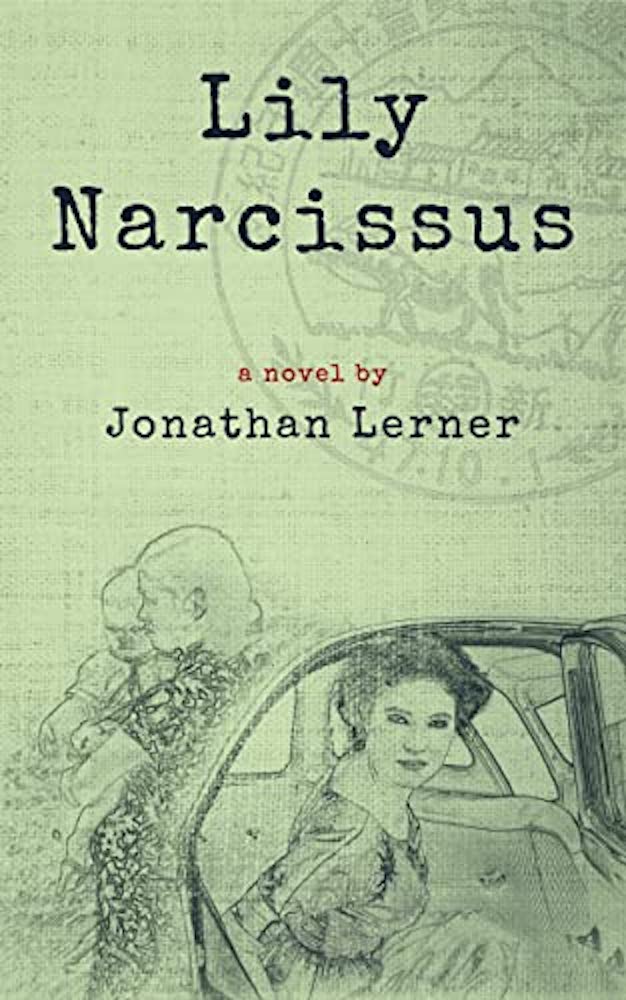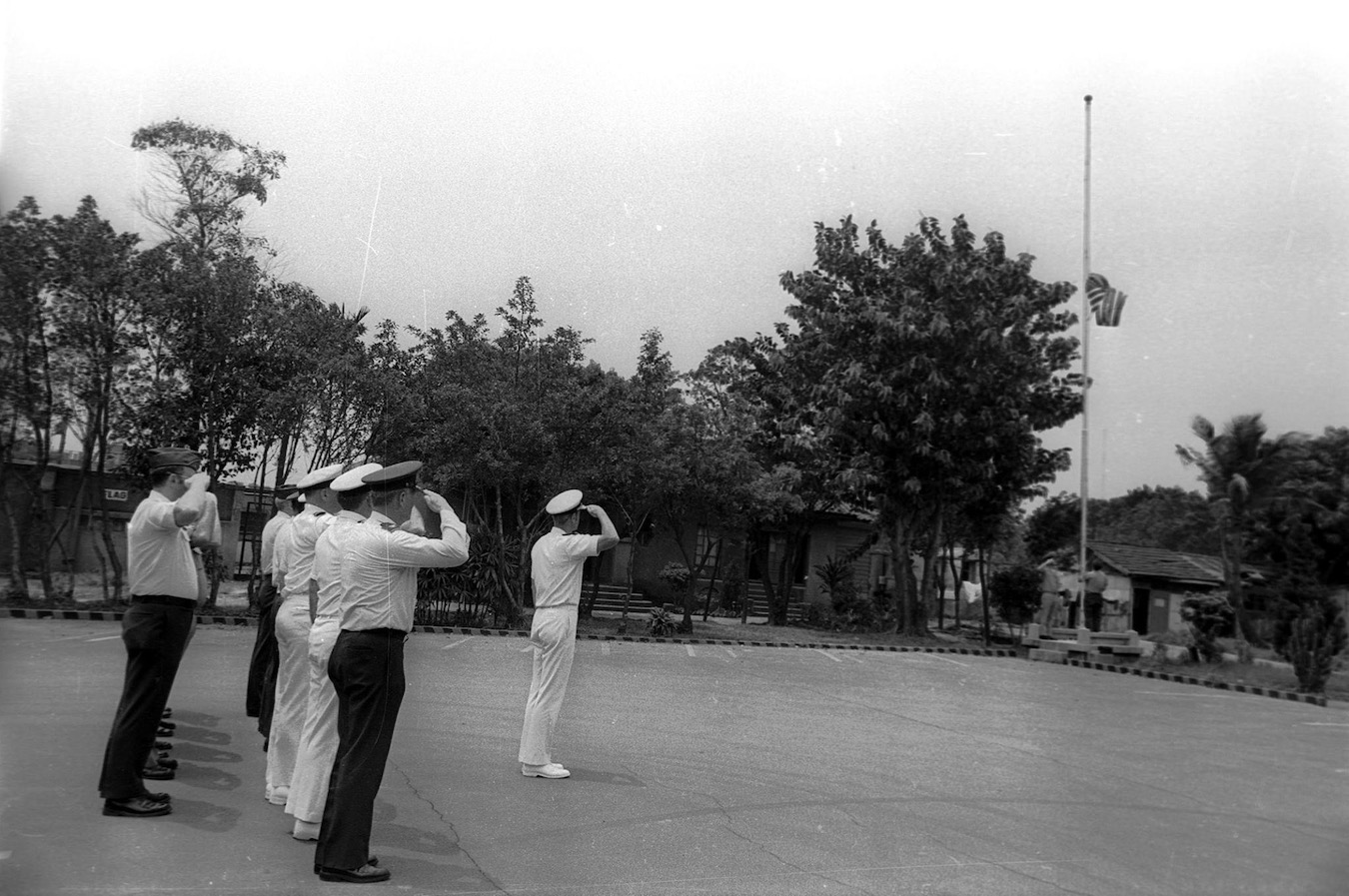by Brian Hioe
語言:
English
Photo Credit: US Taiwan Defense Command/Public Domain
JONATHAN LERNER’S Lily Narcissus is an elegiac novel, reflecting on a period of history long gone.
Lily Narcissus follows the Norrells, an American family in Taipei and then Hong Kong in the 1950s, working for USAID. The world they inhabit among the few American expats in Taiwan during this period is a charmed one, with many soirees, balls, and get-togethers.
This is depicted ably as a sort of world apart from that of authoritarian Taiwan, but in which the backdrop of larger history still takes place. In particular, Lerner is highly attentive to the luxurious bubble world that these American expats occupy, even as the implication is that most of them are involved in clandestine work for the US government.
The specter of this larger history is mostly passed over in favor of flavored personal recollections, lightly touching on, for example, the history of the KMT’s authoritarian repression of benshengren. But in this way, Lerner manages to ably recreate the period, through the concerns of privileged American expatriates. Lerner is to be praised for his ability at conjuring past eras.
The story is told in retrospect by the protagonist Lauren, mostly reflecting on her mother Lily’s experiences and her strong personality. It is with some ambivalence that Lauren treats her past, in that the past has since become tinged by romanticized nostalgia.
Lauren also is unable to unearth all of the details of her past. For example, the charismatic Rocky is depicted as potentially her mother’s lover, but Lauren does not seem to be privy to all of the details.

Book cover
But, for the most part, Lily is the entry point for readers into this vision of a departed past. Lily is framed as a character who holds together the illusory world inhabited by the characters of Lily Narcissus, which may be why the novel focuses so much on her subjectivity–in that this is a world that no longer holds, and whose ugliness is more self-apparent.
Some of Lerner’s concerns seem too contemporary, in that Lauren explicitly refers to her lifestyle in contemporary vernacular regarding privilege–this seems somewhat of an anachronism. Likewise, even as the novel primarily grounds itself in the subjectivity of its protagonists, it is clear that the carnage that the American empire left in its wake in Asia is never far from Lerner’s mind.
To this extent, Lerner seems perhaps somewhat too concerned with ensuring that his protagonist is still sympathetic to contemporary audiences. After all, while a number of the novel’s characters are gay and the novel engages with the racial politics of the time–the Norrells are a Jewish family and Lauren reflects on the relationship between herself and non-white characters at several points–it might somewhat unrealistic to have her eventually come to politics sympathetic to–or even legible–to contemporary readers. At the same time, some of the best-written parts of the novel touch on how Lauren was born into a life of luxury and how in her later life she was still habituated to the same luxuriousness and this informed her choices.
Yet it is primarily in worldbuilding that the novel stands out. The world that Lerner summons up is remarkable precisely because he manages to make it feel so spectral and real at the same time. Lerner casts doubt on Lauren’s reliability as a narrator early on, since she is recalling a past period of her life, that had a significant role in her later life. Even as Lauren often casts doubt on claims made by her mother Lily, some aspects of her narration are also questionable. It is unclear whether Lauren believes or prefers to believe certain things about her past, for example.
Part of the story draws from Lerner’s own two years spent in Taipei in the 1950s as the child of a Foreign Service Officer, even though Lerner makes it a point to emphasize that he is not the protagonist and that Lily is not his mother. Lerner’s own background, as later become involved in the Students for Democratic Society (SDS) and its splinter faction that later became the Weathermen, also likely informs the political undergirding of the novel, with Lerner having Lauren later in the same environment as the early SDS but refusing to join over the organization’s pro-Mao views. All this adds to the richness of the novel.



